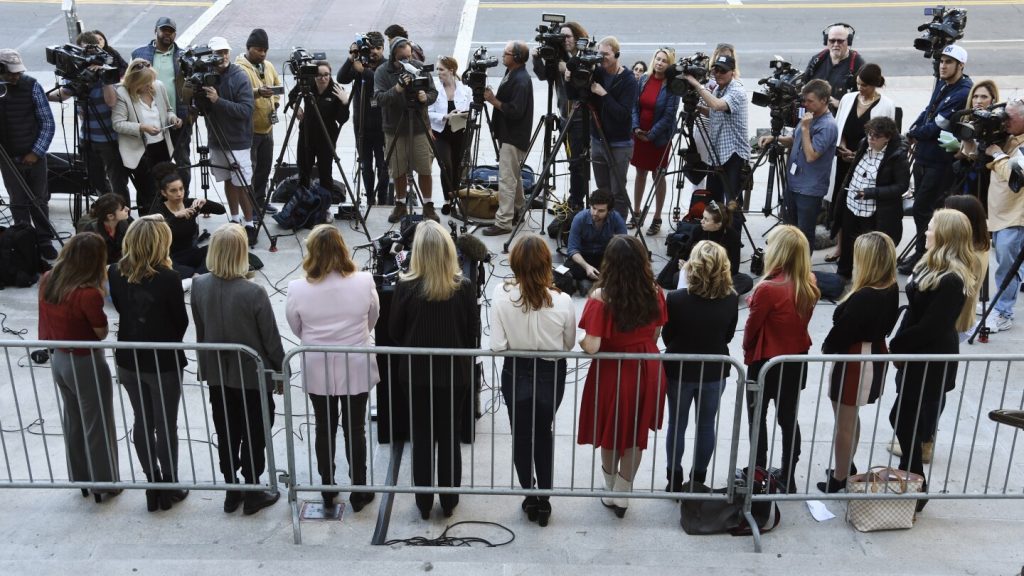In a shocking turn of events, a New York appeals court overturned Harvey Weinstein’s 2020 rape conviction, citing a procedural error by the trial judge. The court ruled that the judge should not have allowed testimony from other women about alleged assaults that Weinstein was not charged with, thereby influencing the jury’s decision. This decision has sparked a wave of reactions from various individuals and organizations involved in the #MeToo movement.
Ashley Judd, whose allegations against Weinstein played a key role in bringing him to justice, expressed her disappointment in the court’s decision, highlighting the challenges faced by women in America when it comes to confronting male entitlement and sexual harassment. On the other hand, Weinstein’s lawyer, Arthur Aidala, sees the ruling as a victory for his client, allowing Weinstein to tell his side of the story and counter the allegations against him in a fair manner.
Tarana Burke, the founder of the #MeToo movement, emphasized the importance of survivors speaking out and finding the courage to share their experiences, despite the legal setbacks. She stressed that the victory lies in the collective strength of survivors standing up against those who abuse their power and privilege to harm others. Meanwhile, Weinstein’s legal team, including lawyer Jennifer Bonjean, is also appealing his rape conviction in Los Angeles, citing the impact of the New York ruling on his presumption of innocence.
Fatima Goss Graves, CEO of the National Women’s Law Center, pointed out that while the court’s decision may have overturned the conviction, it does not change the fact that Weinstein is a serial sexual abuser who used his power to exploit and harm others over the years. The Time’s Up Legal Fund, run by the National Women’s Law Center, continues to provide support and resources for those facing sexual harassment and violence, highlighting the ongoing need for accountability and justice in such cases.
Anita Hill, chair and president of The Hollywood Commission, echoed these sentiments by emphasizing the lack of progress in addressing power imbalances and preventing abuse in the entertainment industry. She noted that despite efforts to address sexual assault and harassment, the problem persists, indicating the urgent need for systemic change and greater accountability. Overall, the reactions to the court’s decision reflect the ongoing battle for justice and equality in the face of sexual misconduct and abuse of power.


